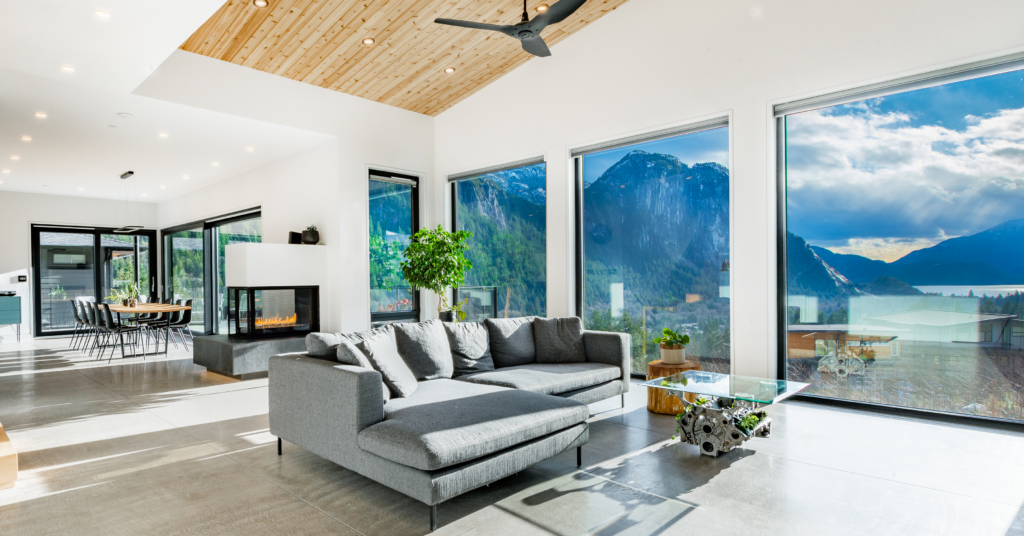Many buyers of homes visit open houses before making any decision. They start inspecting the design of the rooms and the brand names of the kitchen appliances. On the contrary, wise buyers know that the home’s structural details and mechanicals are what they should pay attention to. Buying a house is a personal choice. First of all, you must consider the various aspects of a home. Secondly, rank their significance to your needs. And lastly, determine which are negotiable compared to what are deal breakers.
In this article, we will discuss what to look for when purchasing a home. Once we know what to look for, we will consider factors when determining a home’s key features.
6 Features of Finding a Good House
1. Location
The location of the house should be your priority. Determine a location that makes it simple to get to the places you frequent the most. Examples of these places are work, school, park, and shopping. By looking into this before making a purchase, you can avoid problems. You won’t need to get out of the neighborhood and onto the main road or from an excessively long commute.
2. Size of the Home
The size of the home you desire should be at least somewhat clear to you. Determine your required bedrooms and bathrooms. Also, establish your desired smallest and largest square footage. Your needs and preferences will determine the size of the home you should buy. Choose a home that’s big enough for your family if you have a large one. However, if you live alone or with a partner, it makes more sense to consider smaller homes.
3. Exterior of the House
Your home inspection will be your defense against purchasing a house with a damaged exterior. Still, it is a good idea to look out for warning signs. Pay close attention to the siding, foundation, and roof.
4. Quantity of Bedrooms
The bedrooms in the house may or may not meet your needs, depending on how you intend to use them. Families with young children, for instance, might not want a home where the location of the master bedroom is on a different floor from theirs. Again, you should consider the size and number of bedrooms.
5. Look at the Restrooms
Make sure everything is functional when inspecting the restroom:
- Flush the toilets, check the faucets. You may also turn on the shower with the seller’s or realtor’s approval.
- Ensure the fan is functional.
- Check for leaks and water damage near the toilet and under the sink.
- Be on the lookout for mold.
If you’re purchasing a home, you should check to make sure there won’t be any unexpected problems once you move in. This involves low water pressure or plumbing issues.
6. HVAC Systems Heating, Ventilation, and Air Conditioning
There are a few basic inquiries about daily life that you should make:
- What type of heating is there in the house?
- Is it a furnace-powered forced air system? If so, does the heating system use gas, electricity, or another type of fuel?
- Is the home an older one with a boiler and radiator setup?
- Are there electric baseboard heaters in the house?
- Is there central air conditioning in the house, or do the current owners use window units?
- When was the installation date of the heating and cooling systems?
Remember that some HVAC systems will raise your utility bills and living expenses.
The Bottom Line
What do you do now that you’ve found the perfect house? While weighing the benefits and drawbacks, you must move quickly to avoid that home. You can’t afford to be devastated by giving up the piece of property that perfectly fits your needs and way of life. However, purchasing a home is a significant financial choice. You must proceed with caution. Finally, put your faith in the local expert. They possess the skills and knowledge you require.
What To Do:
Did you find this read interesting? Need expert and white glove advice? Get in touch for local and professional real estate advice in your neighborhood. Fill in the form above to speak with a real estate professional that specializes in this topic and more!
Follow Hashtags: #LocalSocialPro

 Artis Adams & Ava Christian
Artis Adams & Ava Christian 